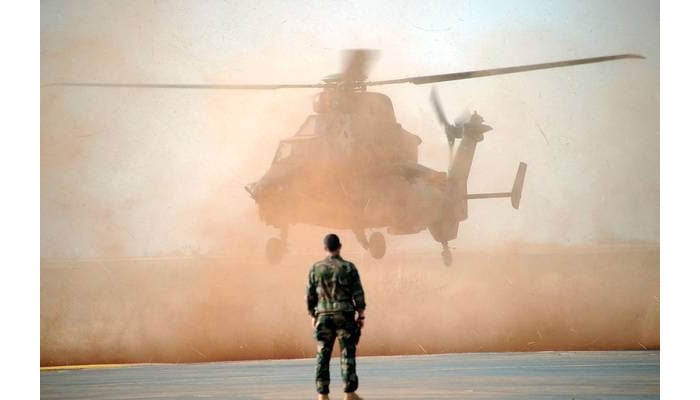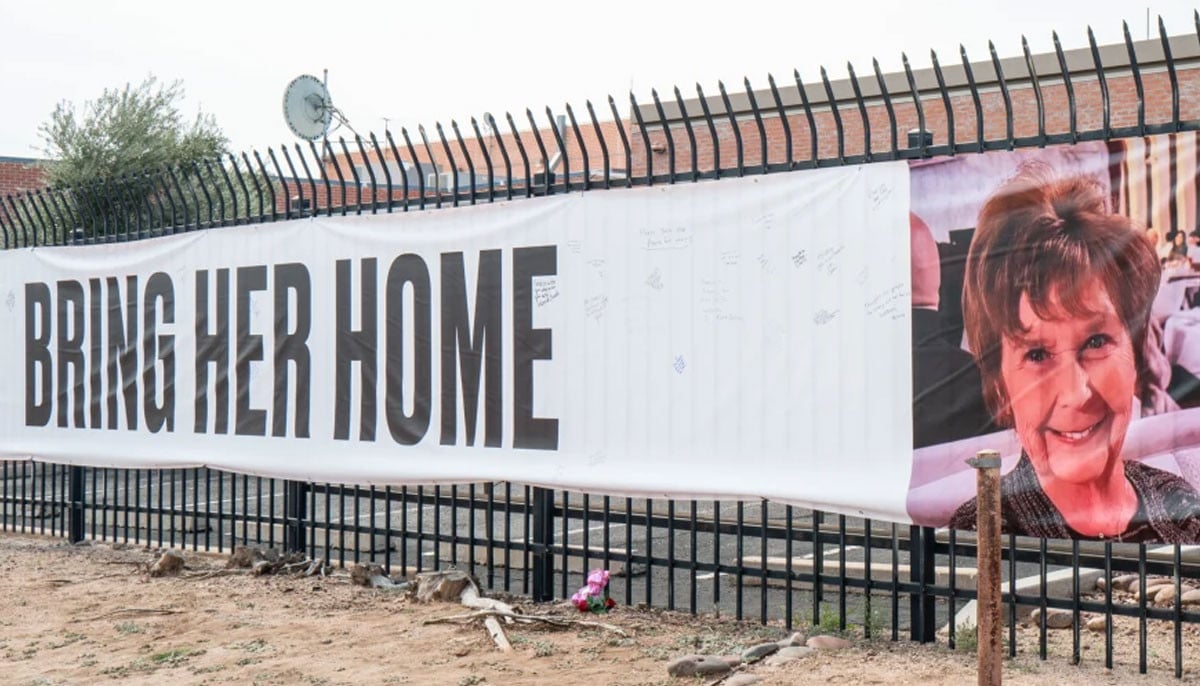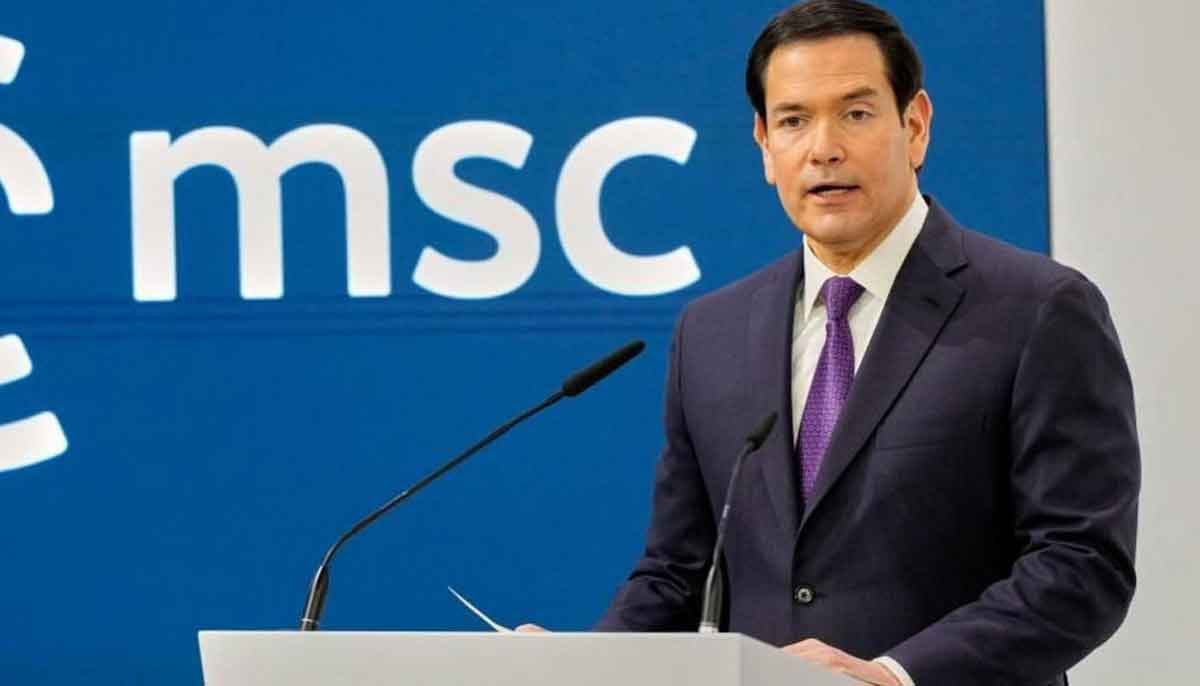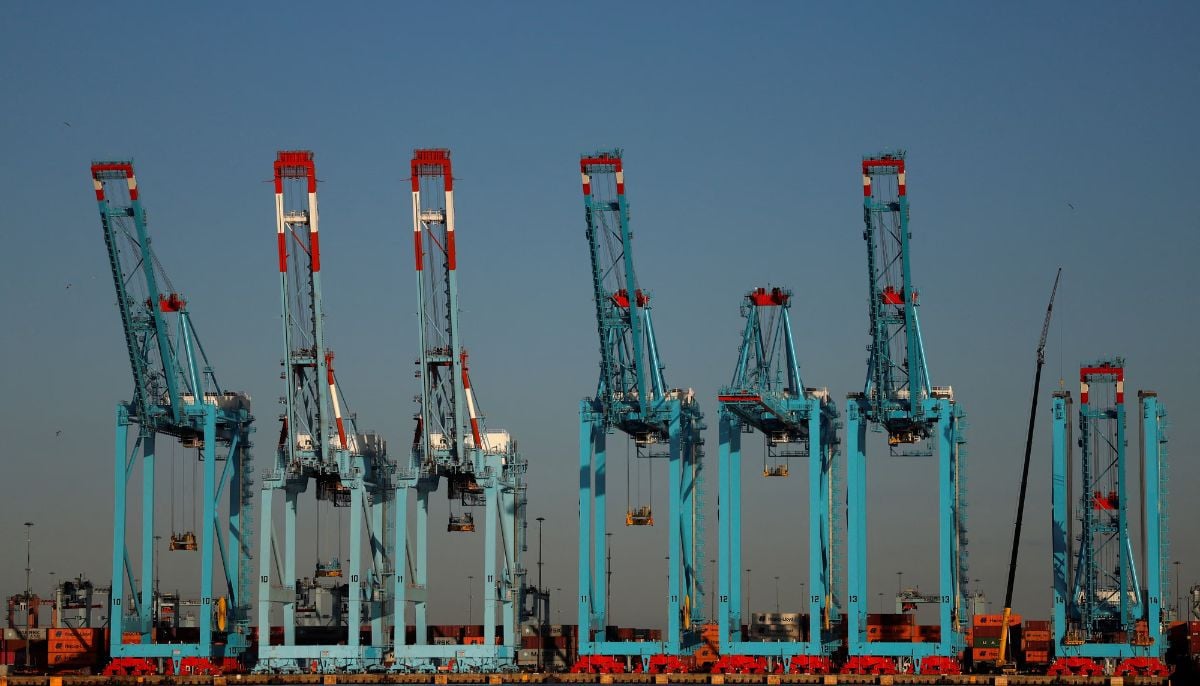13 French soldiers killed in Mali helicopter collision
The accident occurred late Monday while the helicopters were reinforcing ground troops pursuing the insurgents in the Liptako region, near the borders of Burkina Faso and Niger, the defence ministry said.
PARIS: Thirteen French soldiers were killed in Mali when two helicopters collided during an operation against insurgents in the country´s restive north, officials said Tuesday, the heaviest single loss for the French military in nearly four decades.
The accident occurred late Monday while the helicopters were reinforcing ground troops pursuing the insurgents in the Liptako region, near the borders of Burkina Faso and Niger, the defence ministry said.
It brought to 41 the number of French troops killed in the region since they were first sent to Mali in 2013 and again highlighted the challenge for France of operating in a dangerous area the size of Western Europe.
Mali has been besieged by extremists carrying out deadly strikes against army outposts and other targets in recent weeks, a flare-up of violence despite years of efforts to stem the attacks.
A Tiger attack helicopter collided with a Cougar military transport helicopter while engaging the insurgents fleeing on motorbikes and in pick-up trucks.
Both aircraft crashed not far from each other, killing all on board, the ministry said.
One of the victims was the son of French Senator Jean-Marie Bockel, a centrist and former government minister who sits on the senate´s armed forces committee, the father confirmed to AFP.
"These 13 heroes had just one goal: To protect us. I bow my head in front of the pain of their families and comrades," President Emmanuel Macron said on Twitter.
- ´Share your bereavement´ -
Mali´s President Ibrahim Boubacar Keita said the soldiers had died for Mali and all Sahel countries, as well as for France.
"The loss is heavy but the peoples of the Sahel share your bereavement," he said in a letter to Macron.
Macron promised new measures "in the coming weeks" to bolster the fight against the insurgency in the Sahel, after receiving the presidents of Mali, Chad and Niger at the Elysee Palace.
France´s 4,500-member Barkhane force in Mali and four other West African countries is tasked with building up and training local security forces but also participates in operations against the insurgents.
Former president Francois Hollande, who took the decision to send troops to Mali in 2013 to drive back a sudden advance by insurgents, said "today France is in tears" for soldiers "who were fighting with courage against terrorism."
Yet French officials acknowledge that local security forces remain woefully under-equipped and under-financed for shouldering the anti-jihadist fight despite years of French engagement.
Such warnings have given grist to critics who say France risks becoming bogged down in a fight it cannot win without significant new investments in soldiers and material.
While most parties back the Barkhane operation, the far-left France Unbowed party called on the government Tuesday to open a "serious and rational discussion to consider the ways out of this war."
- Daunting fight -
The accident, the deadliest for French forces in Mali since 2013, brings to 38 the number of French soldiers killed in the country, and 41 in the Sahel region in total.
It was the heaviest loss for the French army since the 1983 attack on the Drakkar building in Beirut, claiming the lives of 58 paratroopers.
An inquiry has been opened into the cause of the mid-air collision, Defence Minister Florence Parly said in a statement.
Mali has sustained a wave of insurgency strikes on army outposts and other targets, with more than 50 killed over just a few days in early November.
The strikes came as France announced the death last month of Ali Maychou, a Moroccan leader of the Group to Support Islam and Muslims (GSIM), and considered the top militant leader in Mali.
The GSIM has claimed responsibility for the biggest attacks in the Sahel since its official launch in 2017.
Mali is just one of the countries in the Sahel region of Africa that have been caught in the eye of the jihadist storm since 2012, along with Niger, Burkina Faso, Niger and Chad.
Yet funding for their joint G5 Sahel force, which is supposed to take over from the Barkhane operation, has compounded training and equipment shortfalls.
Since January, more than 1,500 civilians have been killed in Mali and Burkina Faso, and more than one million people have been internally displaced across the five countries -- more than twice the number of persons displaced in 2018, the UN said this month.
-
Drama outside Nancy Guthrie's home unfolds described as 'circus'
-
Marco Rubio sends message of unity to Europe
-
Hilarie Burton reveals Valentine's Day plans with Jeffrey Dean Morgan
-
Jacob Elordi, Margot Robbie on 'devastating' scene in 'Wuthering Heights'
-
China to implement zero tariffs on African imports in major trade shift
-
Jack Thorne explains hidden similarities between 'Lord of the Flies' and 'Adolescence'
-
Elon Musk vs Reid Hoffman: Epstein files fuel public spat between tech billionaires
-
New Zealand flood crisis: State of emergency declared as North Island braces for more storms












